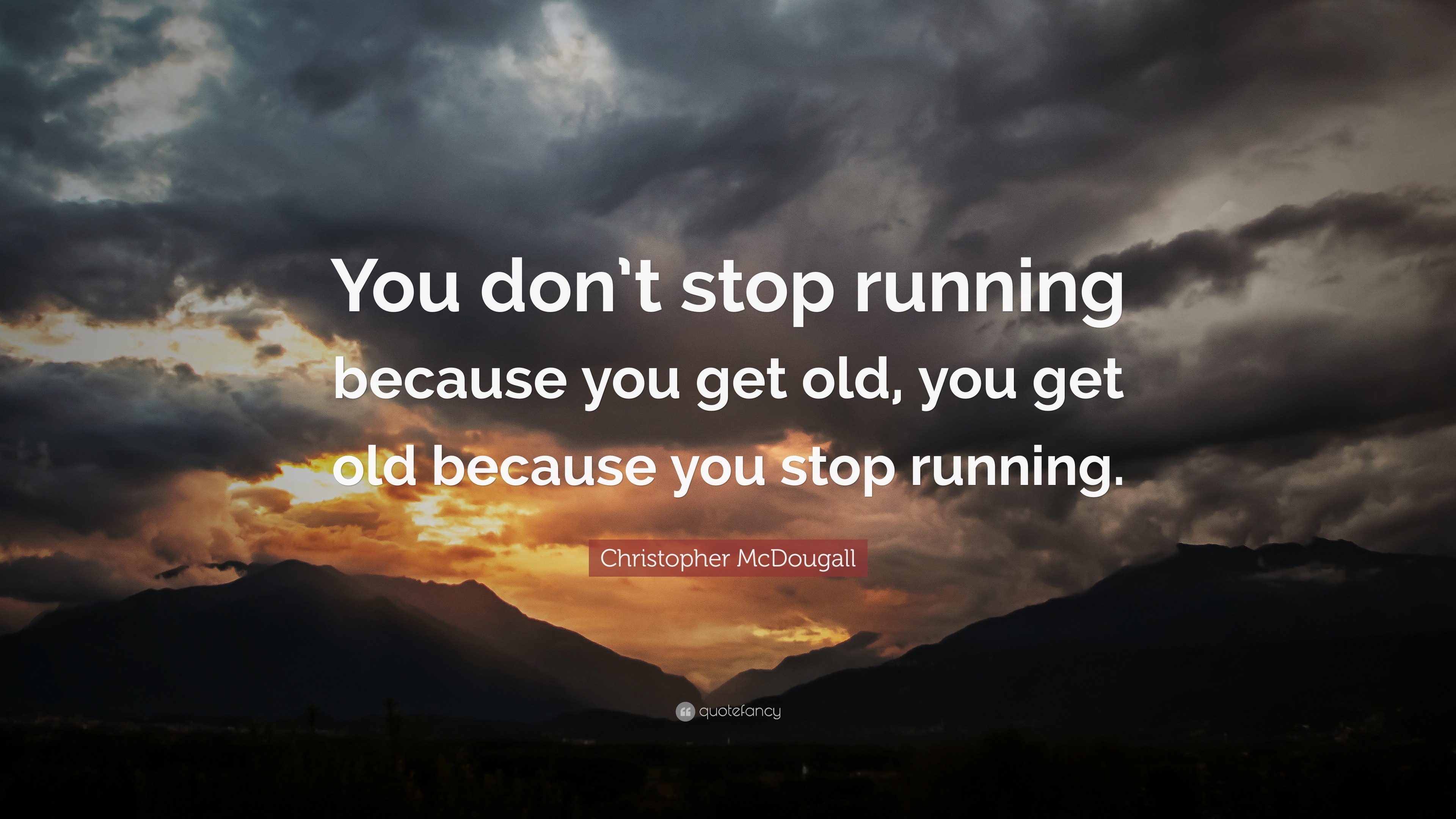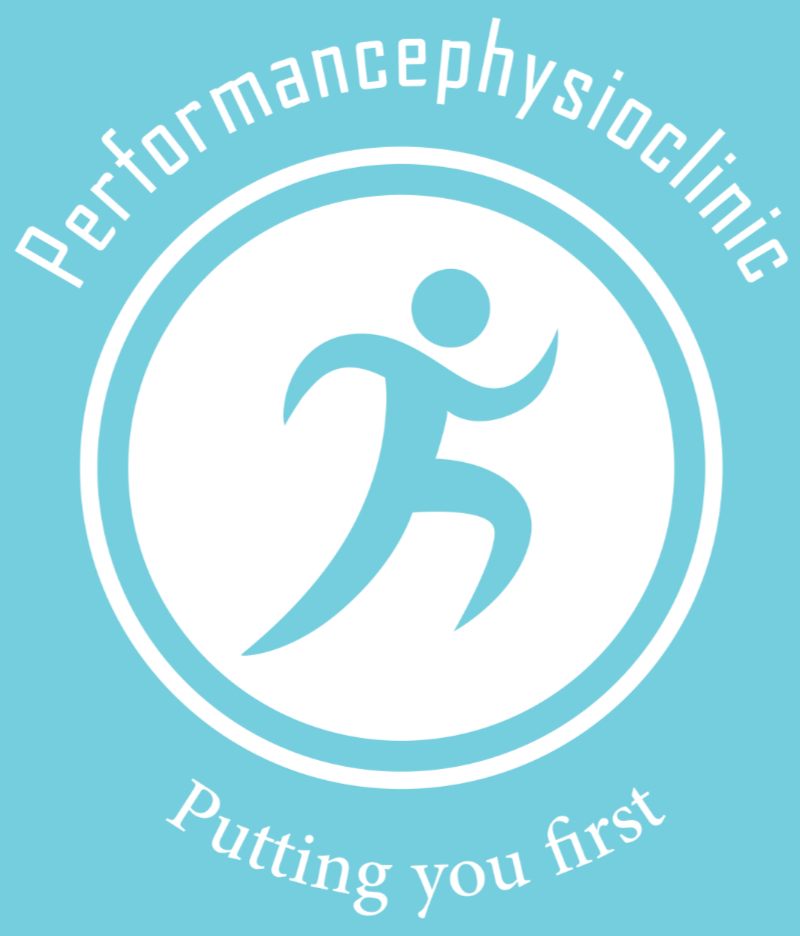The importance of Exercise?
“You don’t stop running because you get old; you get old because you stopped running” Christopher McDougal.
A very philosophical few words to kick off this blog. As philosophical as the above statement is, it is also now entrenched with scientific evidence.
The latest advice from the government recommends that adults should participate in moderate aerobic activity for at least 150 minutes per week (Not all at once) with two strength based days focusing on all the major muscle groups.
With this in mind let’s take a quick look at the research to see if it illustrates the benefits of exercising regularly and see what we can learn more about the effects of exercise?
A large study carried out by Wen CP et al 2011 – indicated that as little as 15 minutes exercise per day 6 days a week reduced all cause mortality by 15%. And with every additional 15 minutes reduced all cause mortality by a further 4%. Similarly, inactivity as associated with 17% increased chance of mortality.
We are all leading exceptionally busy lives and increasing sedentary lives, as workforce demands change and dictate this to us. This of course means increased time sitting which led to the popular new phrase “sitting is the new smoking”. Fortunately in a large meta-analysis published in the Lancet (basically rigorous evidence) showed that moderate exercise (45 minutes, 3 x per week) can of-set the detrimental effects of increased sitting time.
Obesity is one the leading causes of mortality and associated non-communicable diseases in the UK and Ireland with a significant detrimental effect on life expectancy. Most studies are in agreement that high intensity exercise for 45mins 3 x per week is effective in the management of obesity. This can be further assisted by combining diet and increased exercise (Exercise for overweight or obese; Shaw KA et al, 2010; Cochrane Library).
Exercise has also been shown to have a preventive and limiting impact on the effects of cancer. Two large studies conducted by Pederson et al 2015 & Fong et al 2012 (British Medical Journal). These studies concluded that an active lifestyle reduced the chances of colon cancer, breast cancer, endometrial cancer and prostate cancer, with exercise after diagnosis improving the outcomes in colon cancer and breast cancer along with also many additional benefits for cancer patients.
It has also been established by the research that increased physical activity is effective in the management and treatment of mental health. Anxiety & Depression is the leading cause of disability worldwide (WHO). This has been traditionally treated by medication and where available therapy, with exercise prescription somewhat of an afterthought. In a seminal study carried out in 1979, exercise was shown to be as equally as effective as medication in the management of depression. (Exercise 45 mins 3 x per week) (Greist et al 1979). These findings have also been reported in other pieces of significant research in the area (Blumenthal et al 2007).
The research also agrees that a moderate increase in exercise can reduce the risk of unset of cognitive decline by about 1/3 (Sofi et al, 2011) and improve cognition of those in cognitive decline (Gregory et al 2018).
Interestingly, in terms of managing knee osteoarthritis there is no evidence that moderate activity in the recreational athlete causes increased osteoarthritis. Current research is also intimating that running may have a protective element for knee osteoarthritis (Fransen et al 2015) . The research is also in unanimous agreement in terms of the benefits of exercise for minimising the effects of osteoporosis (Howe et al 2011).
We can clearly see a common theme here, there are significant beneficial effects of exercise and perhaps more than you first realised. Please remember this is a blog and not a literature review. I’ve just extracted some key papers and cited them to demonstrate some key findings. Although some blogs I may do may be a little punchier and to the point I thought I would write in this style to demonstrate the evidence based approach that we use here and physiotherapist’s in general use to inform our practise.
As a chartered physiotherapist and an allied health professional I feel it’s important to use the best available research to direct our service and educate our clients. It is one of the key aims of the performance physio clinic to utilise the best available evidence to improve the service we offer and improve the lives of our clients.
I hope you’ve found this article informative and thought provoking. If you’ve stopped exercising due to an injury or need some advice on what exercise you should be doing or what amount of exercise should do please get in contact at info@performancephysioclinic.com
Appointments available online at www.performancephysoclinic.com
Best wishes,
Niall Burns MCSP MHPC MSC BSC
Clinical Director
Performance Physio Clinic


